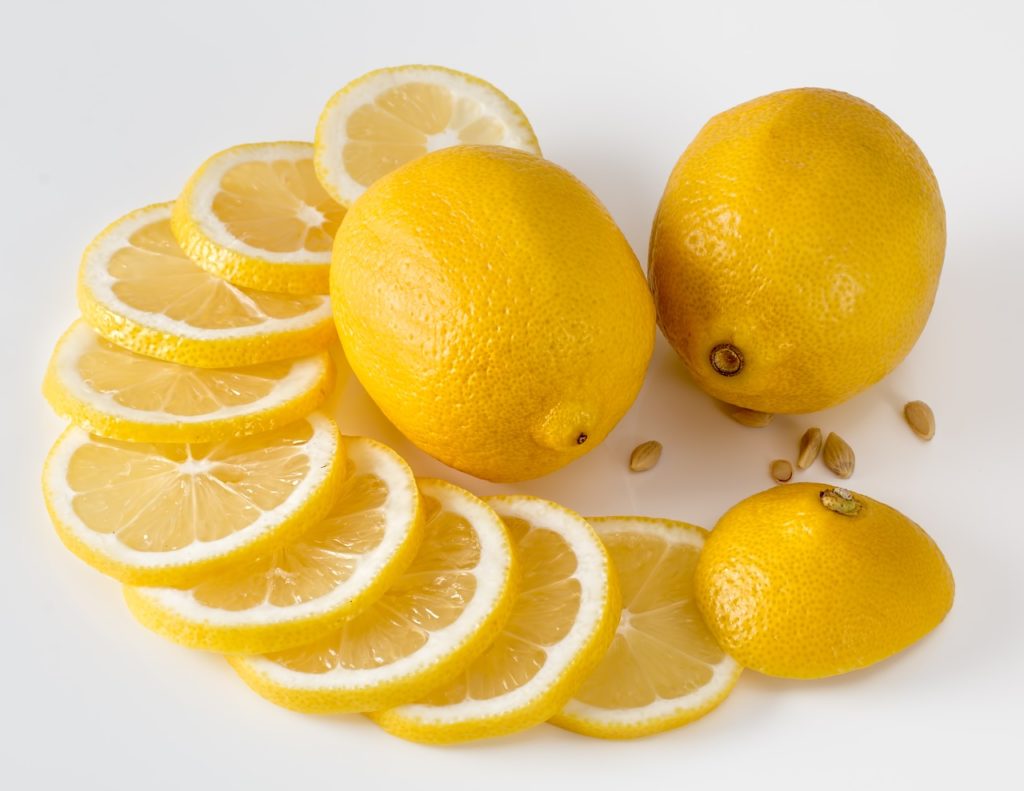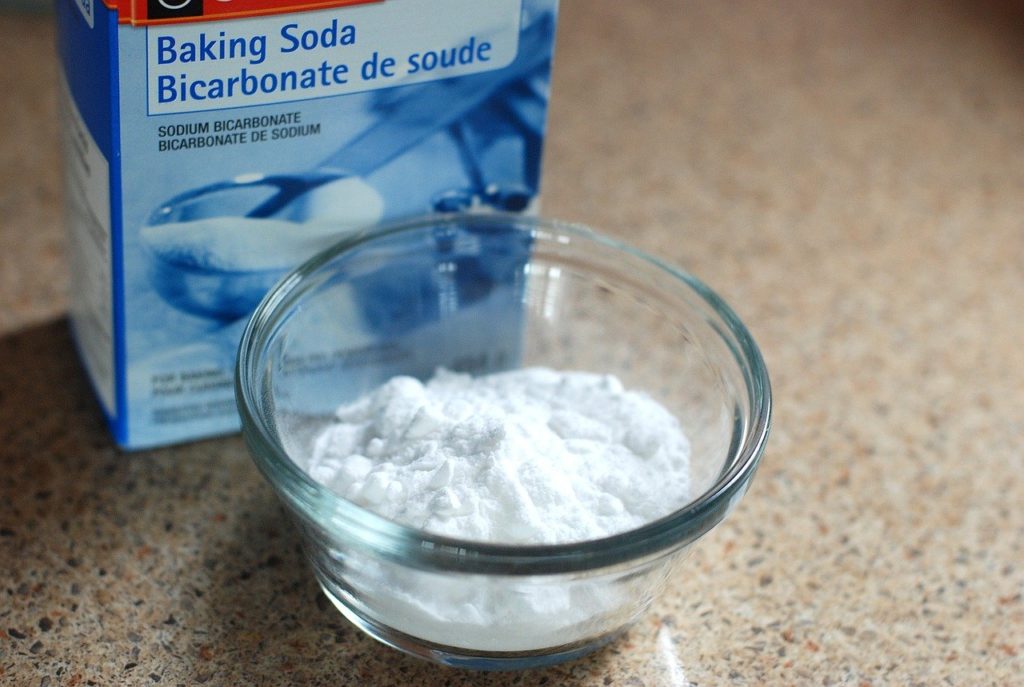When you search for information on flea control, you’ll often see articles talking about lemon sprays and how they can be an effective repellent for fleas. Yes, you can use lemon spray for fleas. But they are not a be-all end-all solution to your flea problems.
The effectiveness of lemon against fleas
People often recommend lemons against fleas because of limonene, a substance that can be found in lemons. Limonene has insecticidal properties that can help get rid of fleas. But the thing is, limonene’s insecticidal properties are pretty mild, so you will need a lot of the stuff for it to be effective against pests such as fleas. And they are also more likely to just repel fleas than kill them.
But the good thing about lemons is that they are natural. Though some pets may have a negative reaction to lemons, these citrus fruits won’t generally harm your pets. Their refreshing smell is also a big bonus.
Many insecticides recognize the advantages of lemons. Some insecticides even include lemons in their formulas.
How to make a lemon spray for fleas
You will need 2 whole lemons and 2 cups of water.
- Step 1. Cut the lemons into discs and put them in a pot with the cups of water.
- Step 2. Bring the pot into a boil. Squeeze the lemon discs to extract the juice and effectively mix it with the water base.
- Step 3. Lower the heat and let the mixture simmer for about half an hour. After that, remove it from the heat.
- Step 4. Let the lemons steep in the water for about 8 hours. You can also just wait overnight.
- Step 5. Put the mixture into a spray bottle. While pouring the mixture into the spray bottle, make sure to use a strainer to strain out the lemon discs, seeds, and pulps.
You now have a lemon spray you can use against fleas. You can even add about 1 cup of vinegar to make the mixture more potent. Vinegar is another known flea repellent.
You can use the lemon spray directly on your pet and around your home to combat fleas. The solution can be refrigerated for about a week.
If you want to make more of the lemon spray mixture, just follow the ratio indicated above.

How to use the lemon spray on your pet
Use the lemon spray by directly spraying on your pet. Give particular attention to the neck and tail areas. These areas are some of the favorite spots of fleas.
Here are some precautions:
- Check your pet’s reaction. Before using the lemon spray on your pet extensively, start with a few sprays and look at how your pet reacts. If there are negative reactions, consider not using the lemon spray at all, or use the lemon spray conservatively.
- Avoid some of your pet’s body parts. There are certain body parts that will inherently reject citrus products such as lemon sprays. These parts include the eyes, nose, and genital area.
- Don’t overdo it. You don’t want your pet’s coat drowning in lemon juice. Just spray lightly and spread the mixture across your pet’s entire body.
- Be careful if your pet has wounds. If your pet has cuts, rashes, scrapes, or any kind of wound, be very careful in using lemon sprays. Your pet will feel pain when their wounds get sprinkled with the lemon mixture. They may even be traumatized. If they are traumatized, it will be hard to make them cooperate and stay still while you spray.
You can use the lemon spray about twice a day.
How to use the lemon spray on your home
Remember that fleas don’t just stay in your pet. They can thrive in your home too, especially if your pet is free to roam around your home and spread the pests. Here are the most common spots where fleas can live in your home:
- Carpets. Fleas like the fibers in your carpets. And because they are almost at the same level as your pet, they become perfect places for fleas to settle.
- Furniture. Fleas also have their eyes on furniture, especially upholstered ones like beds, chairs, and sofas.
- Pet’s bedding. Your pet stays here a lot. It’s not surprising that it has a lot of fleas in it.
Vacuum the area first to make sure it is clean. Vacuuming also helps in getting rid of fleas. Just make sure that you throw the contents of your vacuum cleaner in a trash bin outside your home. You won’t be completely eradicating the pests by throwing them in a trash bin in your living room.
Use the lemon spray on the vacuumed surface generously. But be careful in making your carpets, furniture, and pet’s bedding too damp.
The lemon spray will not just repel fleas. It will also freshen up your home with a citrus smell. It’s a win-win.
Other home remedies you can use against fleas
Aside from lemon, there are other easily accessible products that can help you get rid of fleas in your home. Most of these products are available in supermarkets, so you will not have a hard time getting your hands on them.
- Baking soda. This can dehydrate the fleas and kill them. You can use these on any surfaces that have fleas on them, but they are particularly great on carpets. Sprinkle baking soda on your carpets and brush vigorously. Vacuum after one day.
- Boric acid. This is an ingredient mostly found in detergents and dish soaps, but it can also be bought on its own. Sprinkle the boric acid across the surfaces with fleas. Wait for about an hour then vacuum the surfaces. Don’t wait for too long because boric acid can bleach your carpets.
- Diatomaceous earth. This stuff is made of fossilized algae. Like boric acid, just sprinkle them across the surfaces with fleas. But unlike boric acid, it’s best to let diatomaceous earth stay on the surfaces for about a day before vacuuming.
- Salt. Among the home remedies you can use against fleas, salt is probably the most accessible. Use this like diatomaceous earth. Sprinkle and let sit for about a day before vacuuming. Clean your vacuum thoroughly after use, because the vacuumed salt can cause rust.

Summary
Yes, lemon sprays can be effective against fleas. But remember that they are more likely to repel the pests than kill them. You can use the lemon sprays directly on your pet and on surfaces around your home where fleas can thrive. Just make sure you are considering the precautions.
Aside from lemon sprays, there are other home remedies for fleas, such as baking soda, boric acid, diatomaceous earth, and salt.


Can i use some salt with the lemon and vinigar
Hi William,
Thanks for the comment. Salt could be used, yes. Also, check out our article 5 Ways to Get Rid of Fleas in Your Home Naturally
Best wishes,
Deal With Pests
Will I be able to use the vinegar with the lemon to spray on my pets or just use the lemon spray?
Hi Leota,
Many thanks for your question. There is a lot out there about using vinegar to get rid of fleas. But here at Deal with Pests we feel that vinegar isn’t actually acidic enough to kill fleas and its strong smell and taste – as far as we are aware – have not been proven to be effective in repelling these pests. For more information please read our article ‘Is Vinegar Effective Against Fleas?’
I hope this helps.
Best wishes,
Deal With Pests
I have tried everything I’ve used flea bombs salt lemons everything my cat died but left the place covered in fleas
Hi Deborah,
Thanks for commenting. We are sorry to hear about your cat. Regarding the flea treatments… that is frustrating. We do have lots of articles on how to deal with fleas that may help you. I have found these for you:
https://www.dealwithpests.com/fleas-in-house-without-pets-what-to-do/
https://www.dealwithpests.com/nematodes-for-fleas/
https://www.dealwithpests.com/11-simple-ways-to-get-rid-of-fleas-from-your-home/
https://www.dealwithpests.com/how-long-can-fleas-live-without-a-host/
I hope they help.
Good luck with everything.
Best wishes,
Deal With Pests